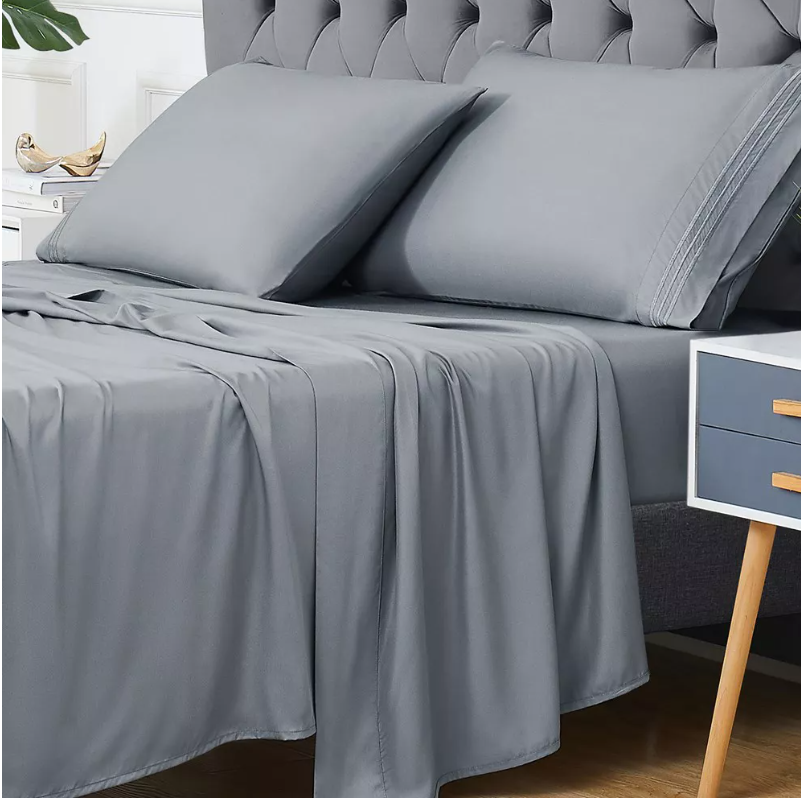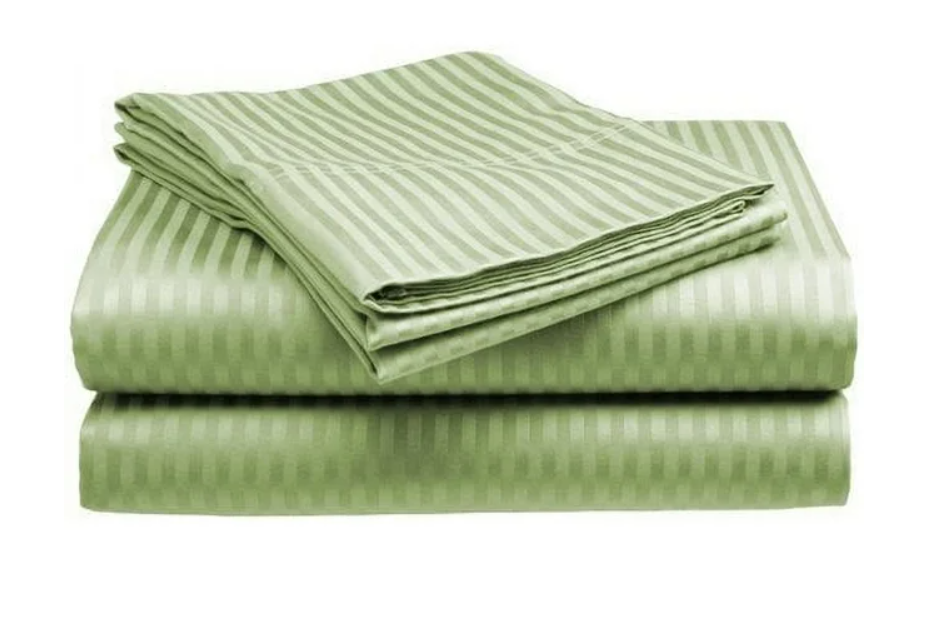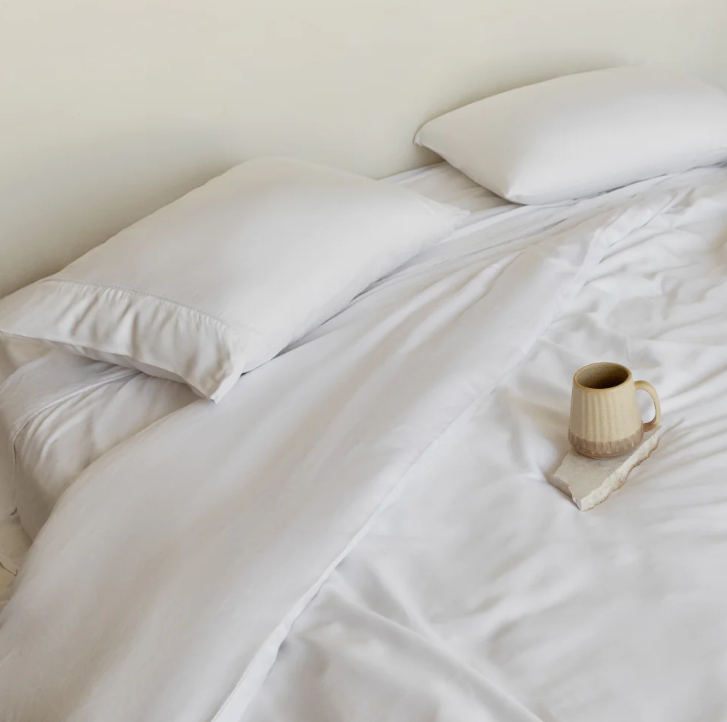Bamboo vs Cotton Sheets — We Know Which Are Best For a Better Night's Sleep
It's the great battle of bamboo vs cotton sheets, and there is one winner when it comes to overall sleep-health and a happier night in bed


With so many bedding materials out there nowadays, it can be hard to know which type is for you and why. Brands have taken vast steps away from traditional cotton sheets to offer an endless array of options for sleepers out there looking to find the perfect shut-eye: glossy silks, cooling linen - the list is endless.
The praise for cotton when it comes to the best bedding sets has been sung since the dawn of time. From its hypoallergenic blend to its softness and ease of breathability, there are many clear reasons why cotton has become a staple spread in a lot of bedrooms and is widely considered the best bedding material. But how does it compare against bamboo bedding, another of its modern counterparts?
Here’s what experts have to say about the benefits of bamboo bedding and why it may (or may not) be worth the switch.
What are the benefits of bamboo sheets?
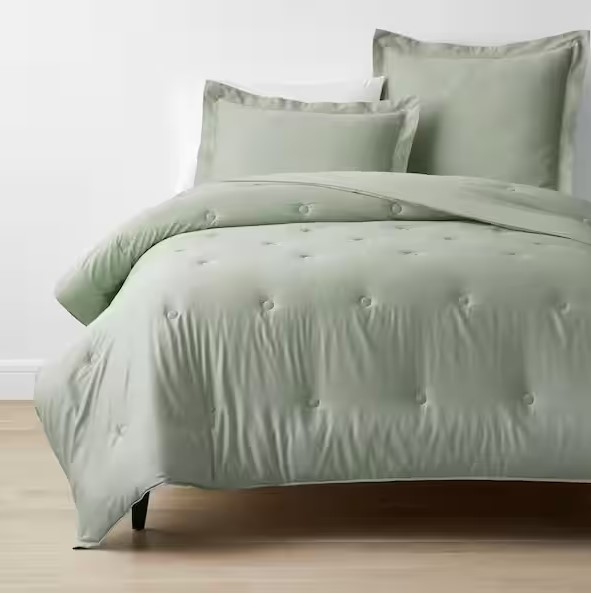
Predominantly found in Asia, Africa, South America, and parts of North America, bamboo has been made into forms of fabric historically for thousands of years. Although, it is only in modern times that its true potential and ease of production have been realized.
With an estimated wear longevity of up to fifteen years, despite often being on the more pricey side in comparison to other materials, for many customers bamboo bed sheets are an investment worth making.
‘Bamboo fibers are known for being durable, so if you’re looking for something that will last a long time these bed sheets are a great choice,’ says Carlie Gasia, Certified Sleep Science Coach at Sleepopolis. ‘They are also hypoallergenic, and pure bamboo is sustainably sourced. This means that bamboo sheets are an option that is both ethical and helpful for those who experience allergies or sensitive skin.’
Another area where bamboo shines as a bedding material is in the cool, luxurious feel it provides when you slip under the covers. Amelia Jerden, another sleep expert at Sleepopolis, shares: ‘Bamboo sheets are typically very silky, smooth, and can even have some stretch (like a jersey knit). Both bamboo and cotton materials can be a good choice for those who run warm, as cotton (especially with a percale weave) is very breathable. However bamboo generally succeeds in being the overall best bedding for hot weather and moisture-wicking properties.’
Are bamboo sheets as good as cotton sheets?
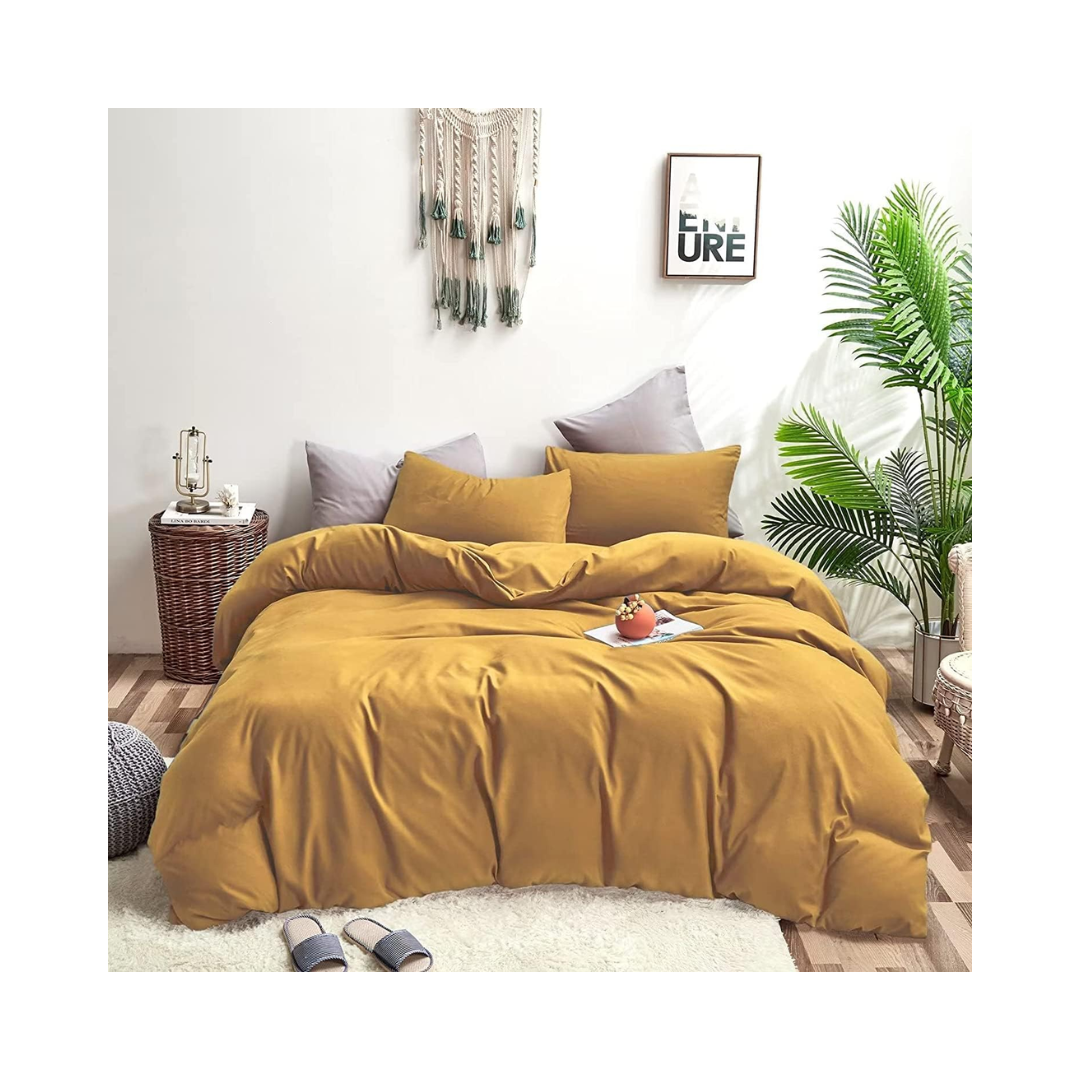
All forms of bedding are bound to have their differences and, likewise, all sorts of people are bound to have their own personal preferences as to what the “best” sheet is. It depends on what a person is looking for, the environment their room provides, their sleep-style, their desired texture of material to have against their skin… lots of factors.
Between cotton and bamboo, there doesn’t appear to be a clear lead in terms of which material is “better”, more so it’s a matter of preference and budget. Bamboo may typically be silkier than the average cotton, but the large assortment of different cotton weaves available like Egyptian cotton sheets means a person can tailor their bedding choice to match what they’re looking for.
‘Depending on the weave style, cotton can be either structured, crisp, and airy (percale), or smooth, satiny, and buttery soft (sateen),’ says Amelia.
Bamboo vs cotton sheets — the verdict
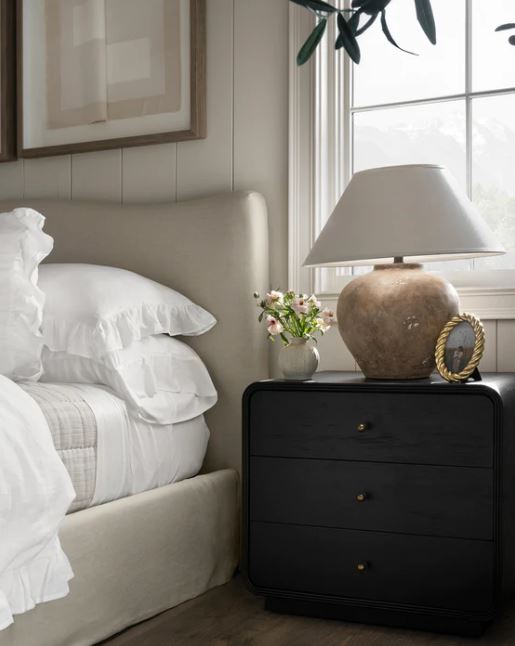
Bamboo is the winner for us. Granted, cotton as an option offers a buyer further decision in terms of what they’re looking for, but if you’re purely looking for something soft, hypoallergenic and more crease-resistant than most cottons, out of the two bamboo seems like the logical choice.
‘Bamboo sheets have a soft, drapey, almost silk-like feel to them, whereas cotton sheets will come out of the package fairly stiff. They’ll soften over time, much like your favorite t-shirt,’ says Tom Ryan (PhD), Sleep Science Coach and Product Expert at Sleep Foundation.
However, if you’re working with a lighter budget, staying away from higher-end brands, cotton is still a great bedding material choice, with even the stiffer kinds being prone to soften after washing and wear.
Soaking your more hardy cotton blend sheets in warm water infused with half a cup of baking soda is one way to potentially speed up the process of softening your linen. We recommend doing this for a few hours prior to washing.
Though overall, as echoed by Carlie: ‘There is no best type of sheet that helps a person get the best possible sleep. This all depends on their budget, how warm they are when they sleep, and if they enjoy the overall feel of their sheets.’
Which side are you on?
Be The First To Know
The Livingetc newsletters are your inside source for what’s shaping interiors now - and what’s next. Discover trend forecasts, smart style ideas, and curated shopping inspiration that brings design to life. Subscribe today and stay ahead of the curve.

Ciéra is a writer and regional laureate with particular passions for art, design, philosophy and poetry. As well as contributing to Livingetc, she's an Editorial Assistant for Design Anthology UK and a contributing writer for Homes & Gardens and Apartment Therapy. Previous commendations of hers include being Highly Commended by The Royal Society of Literature and receiving a prestigious MA Magazine Journalism scholarship to City, University of London.
-
 My 10 Favorite Designs at Milan Design Week 2025 — Out of the Hundreds of Pieces I Saw
My 10 Favorite Designs at Milan Design Week 2025 — Out of the Hundreds of Pieces I SawThere is a new elegance, color, and shape being shown in Milan this week, and these are the pieces that caught my eye
By Pip Rich
-
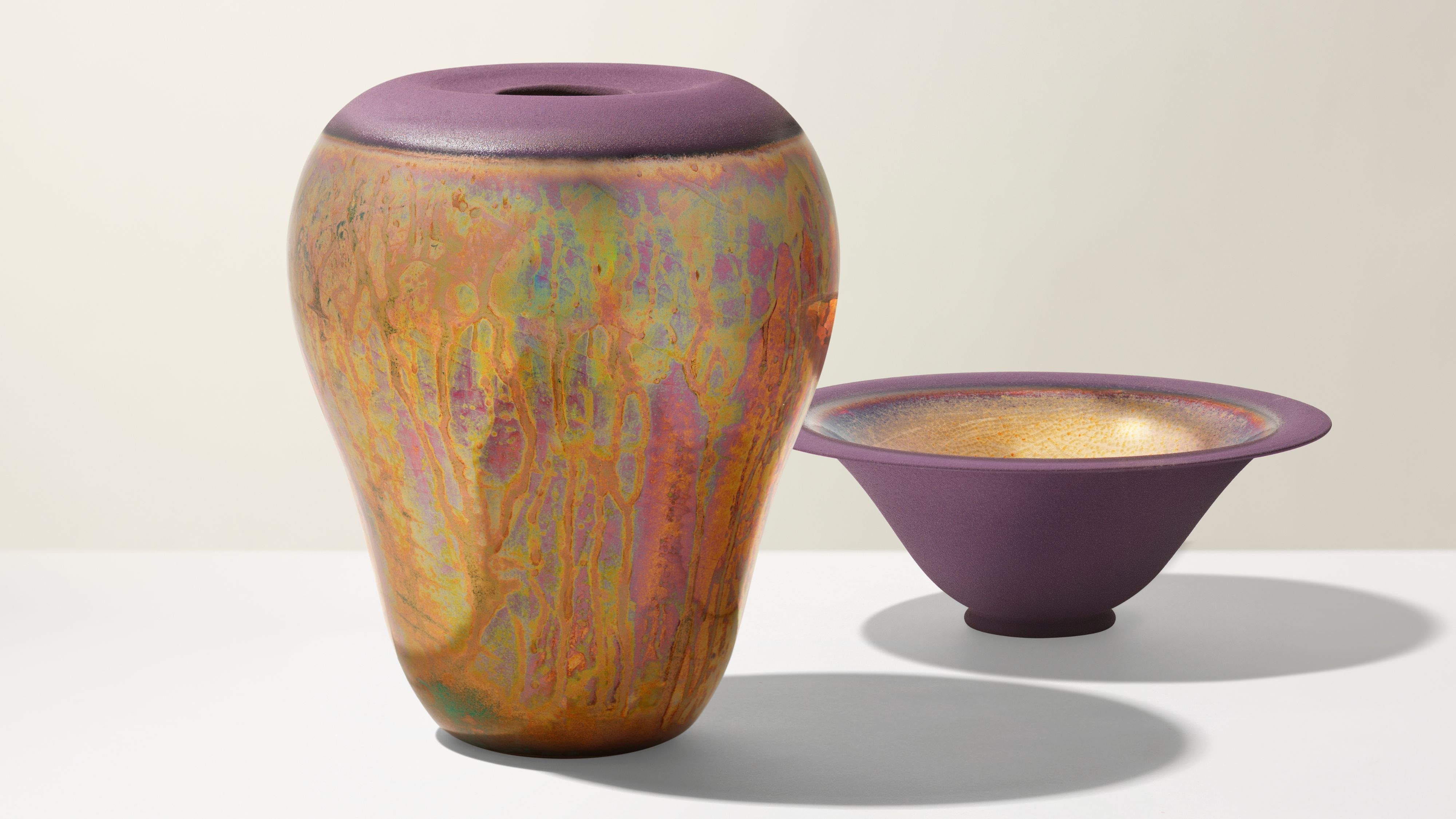 Iridescence Is Chrome’s More Playful, Hard-to-Define Cousin — And You're About to See It Everywhere
Iridescence Is Chrome’s More Playful, Hard-to-Define Cousin — And You're About to See It EverywhereThis kinetic finish signals a broader shift toward surfaces that move, shimmer, and surprise. Here's where to find it now
By Julia Demer
